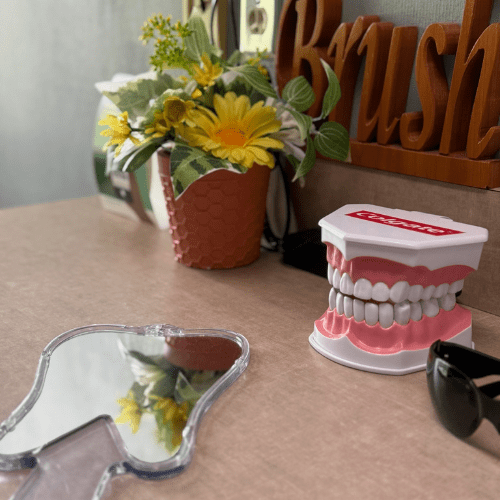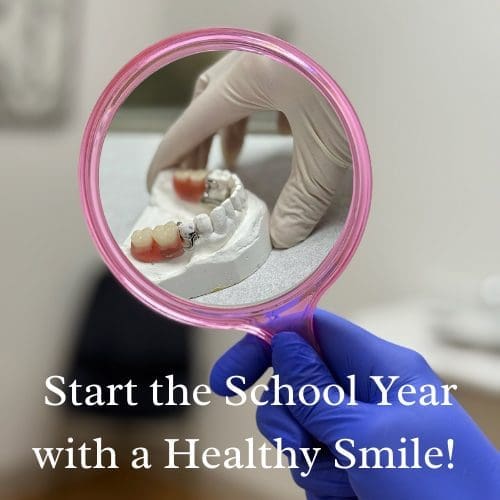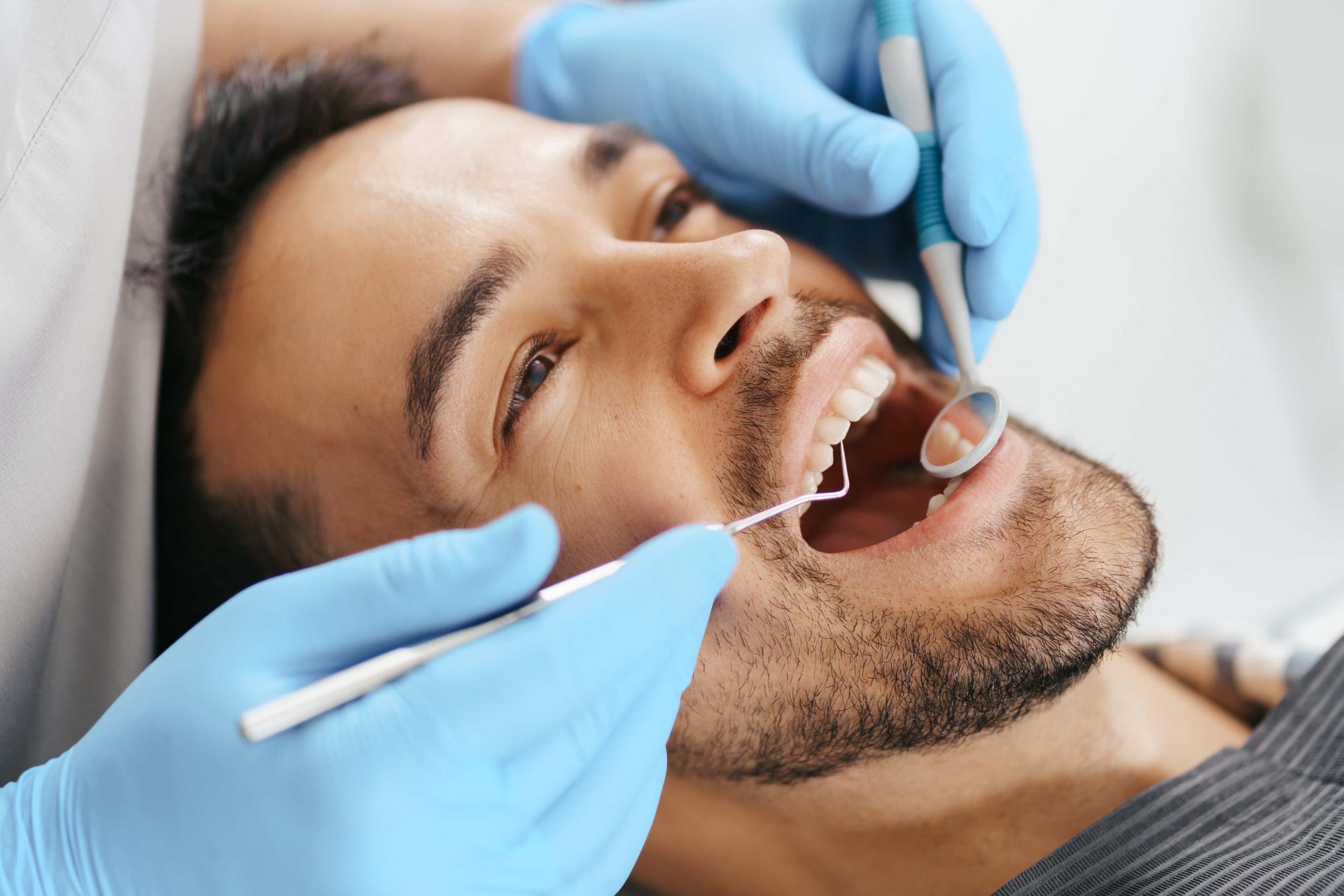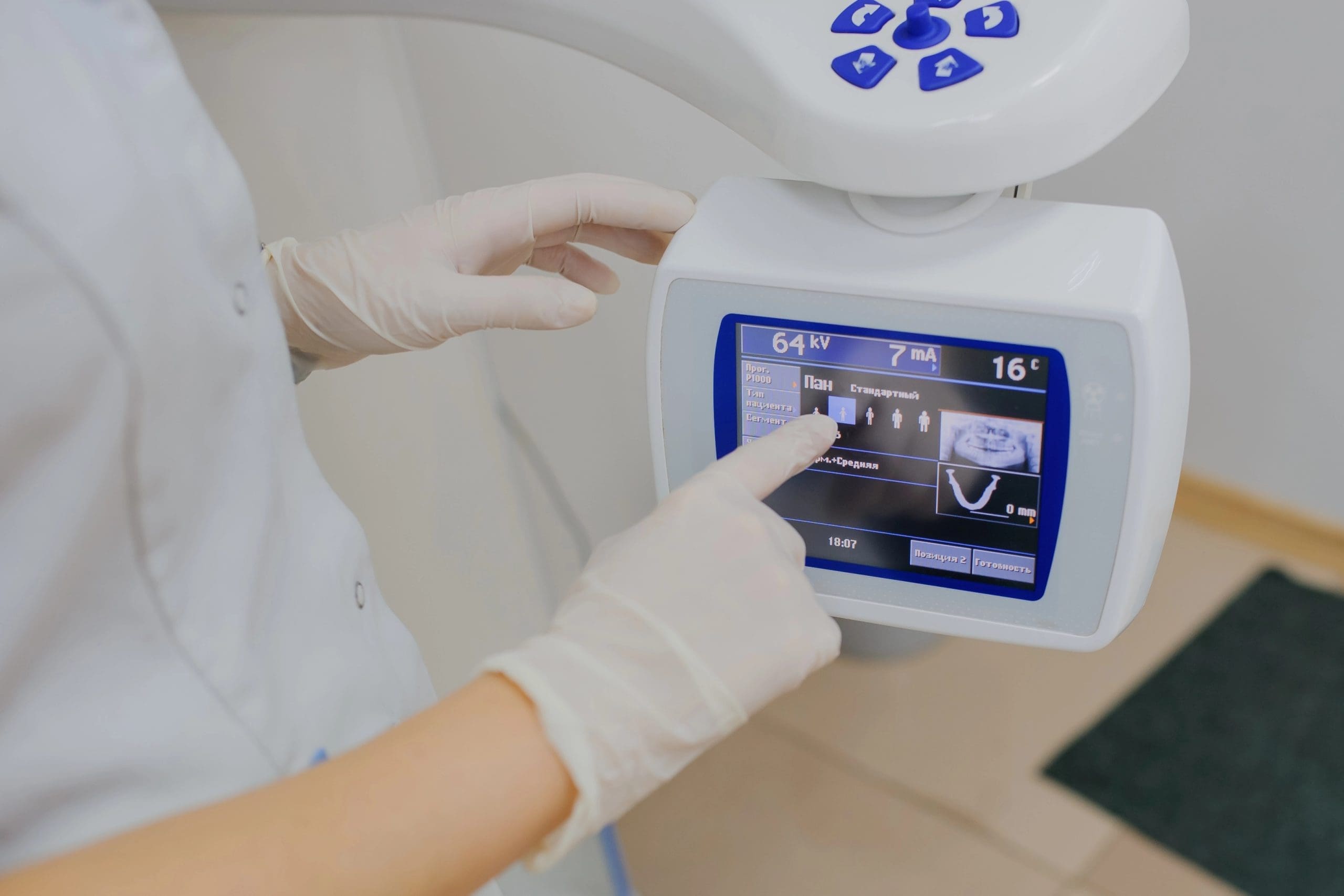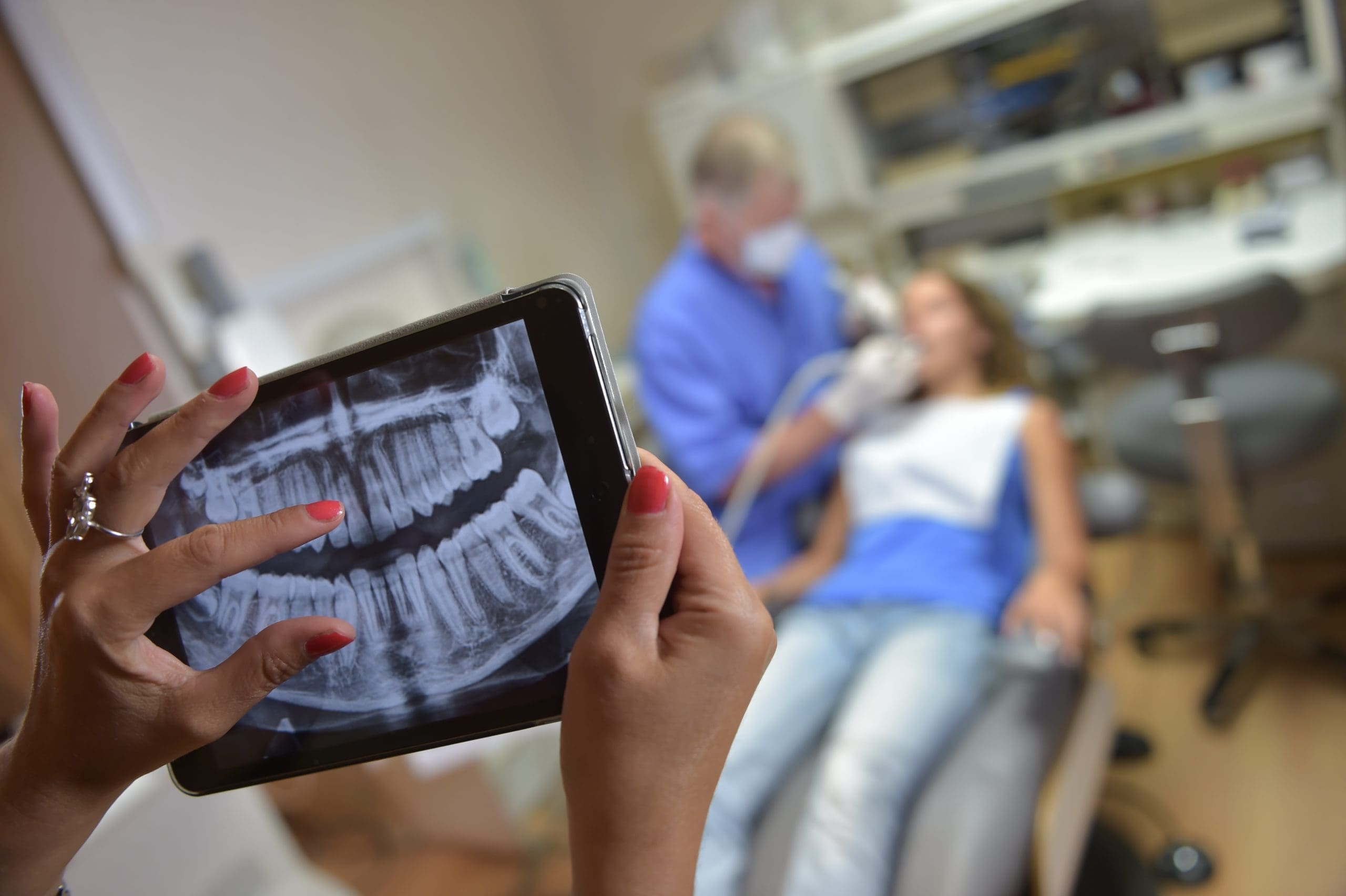Are you aware of the benefits of digital X-rays for your dental health? Digital X-rays are a modern tool that allows dentists to get a clearer view of your teeth and gums, which can help in accurately assessing your oral health. This technology uses less radiation compared to traditional methods, making it a safer option during dental evaluations.
Benefits of Digital X-Rays: Enhanced Image Quality Reveals More
One of the significant benefits of digital X-rays in dental health is their ability to produce enhanced image quality. Unlike traditional film X-rays, digital versions generate images with higher resolution, allowing for clearer and more detailed visualizations of the teeth, gums, and surrounding structures. This superior clarity is crucial in identifying issues that might not be visible with lower-resolution images, ensuring that nothing is overlooked during dental examinations.
The improved diagnostic capabilities provided by the enhanced image quality of digital X-rays can lead to more accurate assessments of dental health. This is particularly important in detecting early signs of problems that could develop into serious conditions if not addressed promptly. For more insights on how this technology contributes to effective dental evaluations, consider reading about Digital X-Ray Advantages for Accurate Diagnosis.
Benefits of Digital X-Rays
One of the significant advantages of digital X-rays in dental care is their ability to process images rapidly. Unlike traditional film X-rays, which require time-consuming chemical processing, digital X-rays produce images almost instantaneously. This quick processing not only reduces the time patients spend in the dental chair but also streamlines the workflow for dental professionals. By minimizing wait times, digital X-rays enhance the overall efficiency of dental visits, allowing for more patient appointments and less downtime.
The swift nature of digital X-ray technology means that dental health issues can be identified and addressed promptly, contributing to better oral health outcomes. For those seeking more information on how these technologies are applied in professional settings, Digital X-Rays Services in Okatie can provide further insights into the benefits of digital X-rays.
Reduced Radiation Exposure
Digital X-rays have transformed dental diagnostics by significantly reducing the amount of radiation exposure compared to traditional film X-rays. This advancement in dental technology enhances the safety of diagnostic procedures, ensuring that patients are subjected to minimal radiation while still achieving high-quality images that are crucial for accurate dental assessments. The use of digital X-rays supports a more responsible approach to radiography in the dental field, aligning with broader health and safety standards.
Easy Digital Storage and Access
One of the significant benefits of digital X-rays in dental health is the ease of digital storage and access. Unlike traditional film X-rays, digital versions can be stored on computers, allowing for quick retrieval and efficient management of patient records. This digital system not only simplifies the process of maintaining and organizing dental records but also enhances the ability to share these crucial images with other healthcare providers if needed, ensuring a more coordinated care approach. For those seeking comprehensive dental services, consider visiting Okatie Dentist at Hughes Dental Group Family and Cosmetic Dentistry, where modern technology meets expert care.
Environmental Benefits Over Film X-rays
One of the significant benefits of digital X-rays in dentistry is their positive impact on the environment compared to traditional film X-rays. Digital X-ray technology eliminates the need for chemical processing, which not only reduces the use of harmful substances but also decreases waste associated with film packets and lead foil, further minimizing environmental contamination. Additionally, digital images can be viewed instantly, reducing the need for multiple exposures and thus less radiation is emitted. This eco-friendly approach aligns with modern sustainability efforts, making the benefits of digital X-rays an excellent choice for both dental health and environmental conservation.
Immediate Viewing Speeds Diagnosis
The benefits of digital X-rays in dental care are numerous, but one of the most significant advantages is the immediate viewing capability. Unlike traditional film X-rays, digital X-rays allow dentists to view the images on a computer screen within seconds of taking them. This rapid turnaround not only speeds up the diagnosis process but also enhances the accuracy of treatment planning. With quicker diagnoses, patients can receive timely and appropriate treatments, reducing the risk of complications and improving overall dental health outcomes. This efficiency is just one of the many benefits of digital X-rays that contribute to superior dental care.
Facilitates Better Patient Consultations
One of the significant benefits of digital X-rays in dental care is how they facilitate better patient consultations. Digital X-rays provide clearer, more detailed images compared to traditional film X-rays, allowing dentists to explain dental issues and treatment options more effectively. With the ability to zoom in on specific areas and adjust the image clarity, dentists can discuss the findings with patients in real time, ensuring a deeper understanding and involvement in their treatment plan. This transparency not only enhances patient trust but also contributes to more informed decision-making, ultimately improving overall dental health outcomes.
Integrates Seamlessly with Other Technologies
One of the significant benefits of digital X-rays in dental care is their ability to integrate seamlessly with other technologies. Digital X-rays can be easily connected to and shared with various dental software systems, enhancing the efficiency and effectiveness of treatment planning and patient management. This integration supports a more comprehensive approach to dental health, allowing for immediate access to images that are crucial for accurate diagnoses and tailored treatment plans. By streamlining the process, digital X-rays not only improve the quality of care but also enhance the overall patient experience, making them a valuable advancement in dental technology.
Long-term Cost Efficiency
One of the significant benefits of digital X-rays in dental care is their long-term cost efficiency. Unlike traditional film X-rays, digital versions require less physical storage and fewer consumables, which can lead to substantial savings over time. Additionally, digital X-rays can be easily shared electronically with specialists without the need for costly duplicates. This streamlined approach not only reduces the materials and overhead costs associated with dental treatments but also minimizes the time spent on each patient’s diagnosis and treatment planning. Ultimately, the benefits of digital X-rays contribute to a more cost-effective and efficient dental care system, making it a smart choice for both dental practices and patients looking to manage healthcare expenses effectively.
Conclusion
Exploring the benefits of digital X-rays can significantly enhance your understanding of dental health. For further inquiries, call us at 843-705-7066 or read our reviews on Google Maps.

